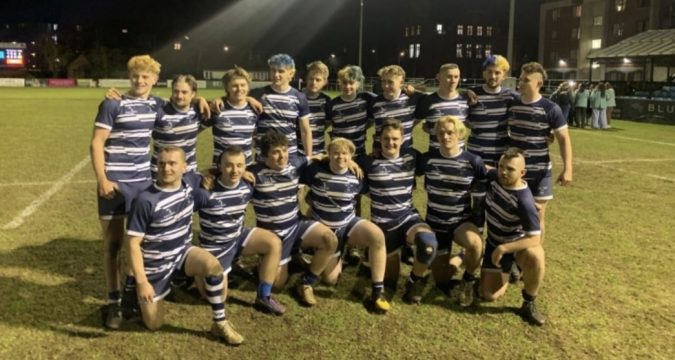 ROB ASHTON, coach of the Cambridge side who lost more narrowly than the 20-4 scoreline would suggest in the recent Varsity Match, is determined that Rugby League as a whole should make full use of what is, in reality, one of the most prestigious fixtures in its calendar.
Ashton has been at the helm for the Light Blues for the best part of a deca
ROB ASHTON, coach of the Cambridge side who lost more narrowly than the 20-4 scoreline would suggest in the recent Varsity Match, is determined that Rugby League as a whole should make full use of what is, in reality, one of the most prestigious fixtures in its calendar.
Ashton has been at the helm for the Light Blues for the best part of a deca Rugby League urged to make more of Cambridge-Oxford Varsity Match
 ROB ASHTON, coach of the Cambridge side who lost more narrowly than the 20-4 scoreline would suggest in the recent Varsity Match, is determined that Rugby League as a whole should make full use of what is, in reality, one of the most prestigious fixtures in its calendar.
Ashton has been at the helm for the Light Blues for the best part of a deca
ROB ASHTON, coach of the Cambridge side who lost more narrowly than the 20-4 scoreline would suggest in the recent Varsity Match, is determined that Rugby League as a whole should make full use of what is, in reality, one of the most prestigious fixtures in its calendar.
Ashton has been at the helm for the Light Blues for the best part of a deca 